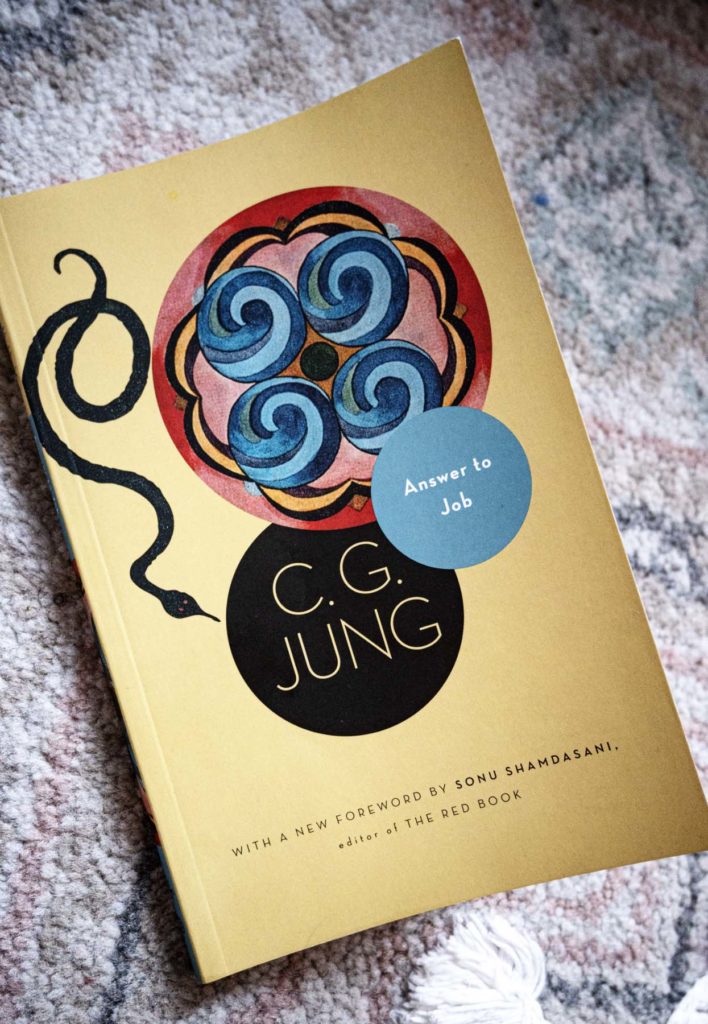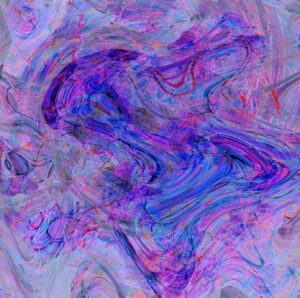
We rightly associate the idea of suffering with a state in which the opposites violently collide with one another, and we hesitate to describe such a painful experience as being “redeemed.” Yet it cannot be denied that the great symbol of the Christian faith, the Cross, upon which hangs the suffering figure of the Redeemer, has been emphatically held up before the eyes of Christians for nearly two thousand years. This picture is completed by the two thieves, one of whom goes down to hell, the other into paradise. One could hardly imagine a better representation of the “oppositeness” of the central Christian symbol. Why this inevitable product of Christian psychology should signify redemption is difficult to to see, except that the conscious recognition of the opposites, painful though it may be at the moment, does bring with it a definite feeling of deliverance. It is on the one hand a deliverance from the distressing state of dull and helpless unconsciousness, and on the other hand a growing awareness of God’s oppositeness, in which man can participate if he does not shrink from being wounded by the dividing sword which is Christ. Only through the most extreme and most menacing conflict does the Christian experience deliverance into divinity, always provided that he does not break, but accepts the burden of being marked out by God. In this way alone can the imago Dei realize itself in him, and God becomes man. The seventh petition in the Lord’s Prayer, “But deliver us from evil,” is to be understood in the same sense as Christ’s prayer in the Garden of Gethsemane: “My Father, if it be possible, let this cup pass from me.” In principle it does not seem to fit God’s purpose to exempt a man from conflict and hence from evil. It is altogether human to express such a desire but it must not be made a principle, because it is directed against God’s will and rests only on human weakness and fear. Fear is certainly justified up to a point, for, to make the conflict complete, there must be doubt and uncertainty as to whether man’s strength is not being overtaxed.
Because the imago Dei pervades the whole human sphere and makes mankind its involuntary exponent, it is just possible that the four-hundred-year-old schism in the Church and the present division of the political world into two hostile camps are both expressions of the unrecognized polarity of the dominant archetype.
Jung, C.G. Answer to Job. Trans. R. F. C. Hill. Princeton University Press: New Jersey, 1973. 54-55. Print.


